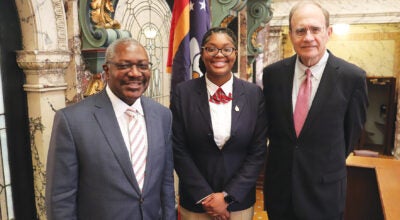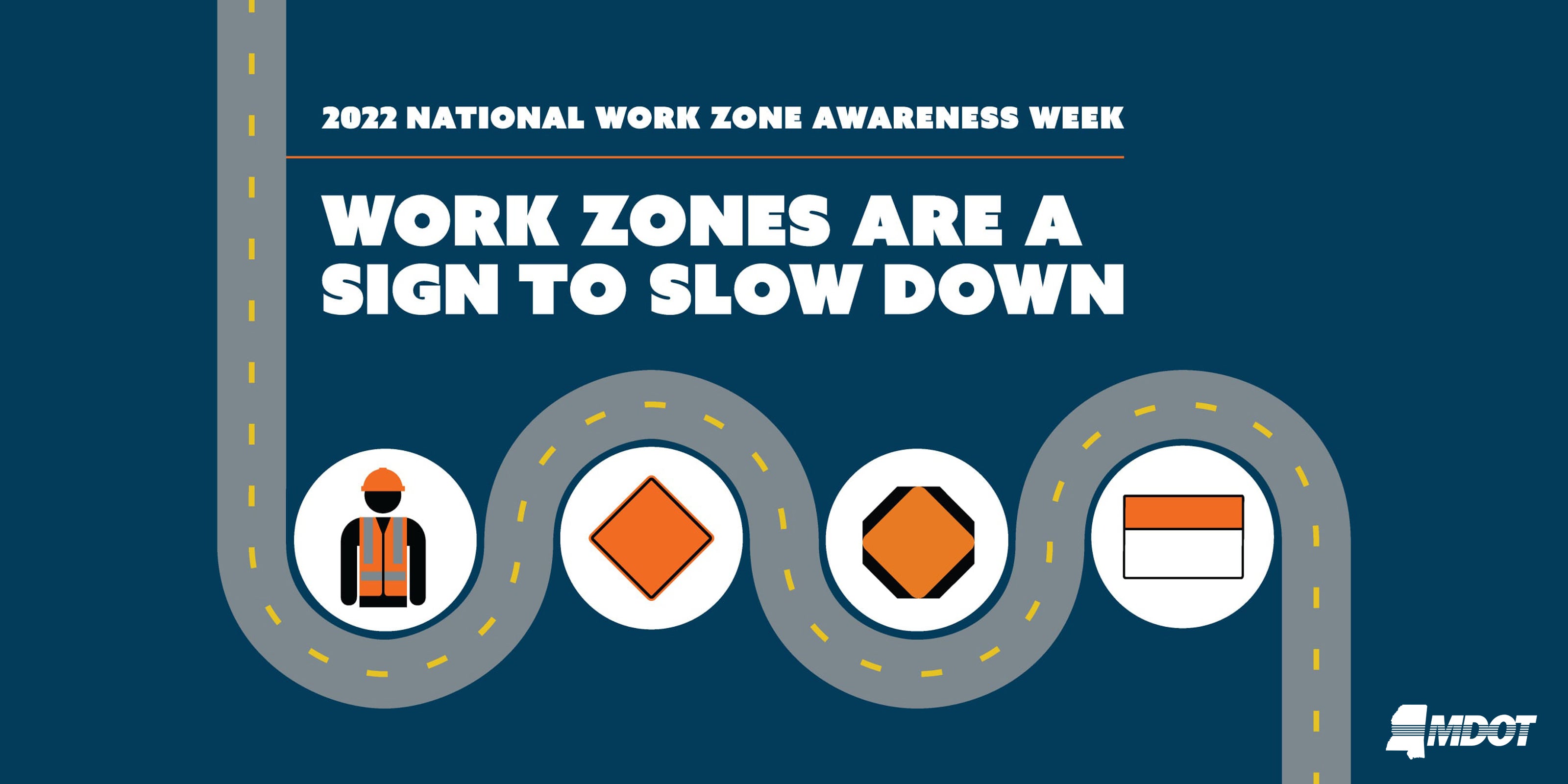New math makes homework tough
Published 9:24 pm Saturday, December 5, 2015
A new method of learning math has some parents scratching their heads when it’s time to help children with homework.
In 2010, the Common Core Standards Initiative set out to define what — and when — students should know about mathematics and English literacy. The initiative was picked up by 42 states, but it hasn’t been without issues. Many parents have been about what the standards are and have difficulty helping their children with their homework.
Melanie Poole is a local mother with six children attending Loyd Star. While she said she’s been able to help most of her children with their homework, she’s started to have trouble with the one in the sixth grade.
“[We get] some handouts that said that their teaching style would have to change,” Poole said. “It kind of briefly goes over it, but nothing really detailed.
“It’s a lot more challenging. Now, even in kindergarten, they’re expected to be able to — when I was in kindergarten, you learned colors and shapes. Now, your child is going to struggle if you don’t send them to preschool before they start school.”
Some work has been done, both at the state level and locally, to address some of the issues that arose from the transition. Dr. Sydney Holbert with Mississippi College was part of a committee with the Mississippi Department of Education that made changes to Common Core to form what is now called the Mississippi College and Career Ready Standard, which debuted this year.
“There was an open forum,” Holbert said. “Parents and teachers and anybody could go on and make suggestions. There was a group of us that looked at those suggestions and made edits [to Common Core].”
Holbert said the old math curriculum was too shallow. Students would learn algorithms, step-by-step instructions to solve specific problems like addition or multiplication, but the new standards are meant to allow students to arrive at the solution themselves and gain a deeper understanding of the material.
“You have to have a really good background for number concepts for higher math,” Lipsey School Principal Sonya Foster said. “The old way of — I call it the sit and get it — straight rows, the teacher talks, you listen and then you give back what the teacher said, that’s not the way Mississippi College and Career Ready Standards are.”
Foster has also seen parents struggle with the new math standards, and this year she’s set out with a possible solution.
“Most parent conferences I sat in, the parents were having a tough time helping their kids with math, because it’s not the way it used to be,” Foster said. “I worked with our tech department. On the Lipsey website, we now have tutorials. It’s not fancy or anything, but I will video the teacher. [Parents] can go on there, and they can look and see her trying to teach exponents and things like that. That has been something we’ve put in place here, because [it’s] been a common thread for a lot parents, especially for math.”
Foster said the idea came from the concept of the “flipped classroom,” a method of teaching where video lectures were assigned at home and teachers focused on discussion and practice in the classroom. The idea was popularized recently by Salman Khan, founder of Khan Academy. Khan Academy is a website that set out to “provide a free, world‑class education for anyone, anywhere.” Khan Academy provides video lectures and exercises for math from kindergarten to differential calculus. Foster said teachers at Lipsey have also used Khan Academy to help teach students.
Along with the new math and reading standards, schools have also been implementing the third-grade gate, a reading assessment that third-graders are required to pass before moving on to fourth grade.
“The kids that did not pass it, [teachers] were really working hard with them,” Foster said. “I think it’s a really good thing. The gap is only going to get wider if we don’t catch them early. The early years are just so important to learning the foundations.”
Foster said she’s excited about the way education is changing.
“The kids, just seeing what they can produce now, and what they can do, I really like it,” Foster said. “I think it’s not going to do anything but make our kids more prepared for college, more prepared for job opportunities. Even if they get out of high school and go straight out to a job, they’re still going to be using so many of these skills.”





